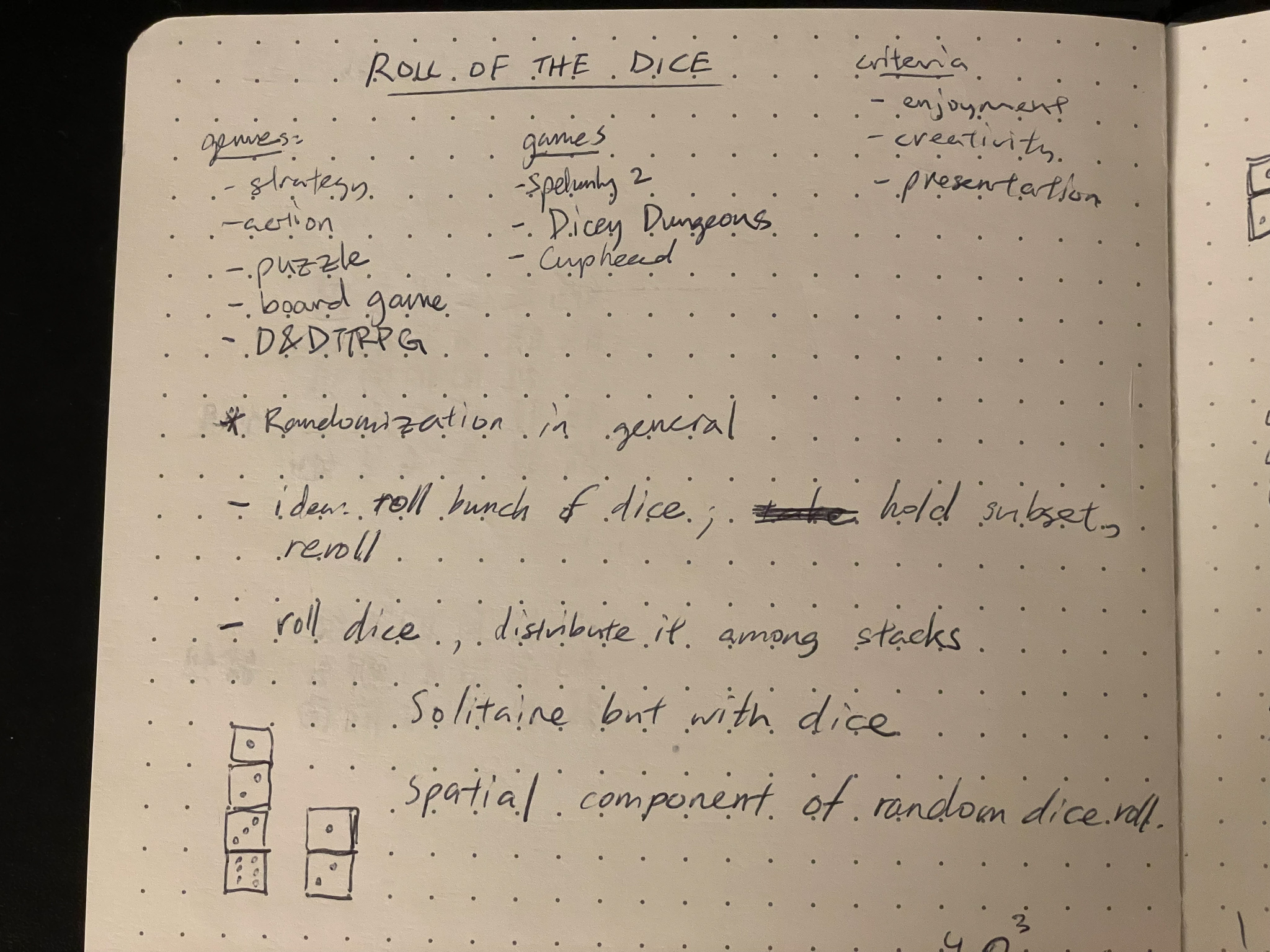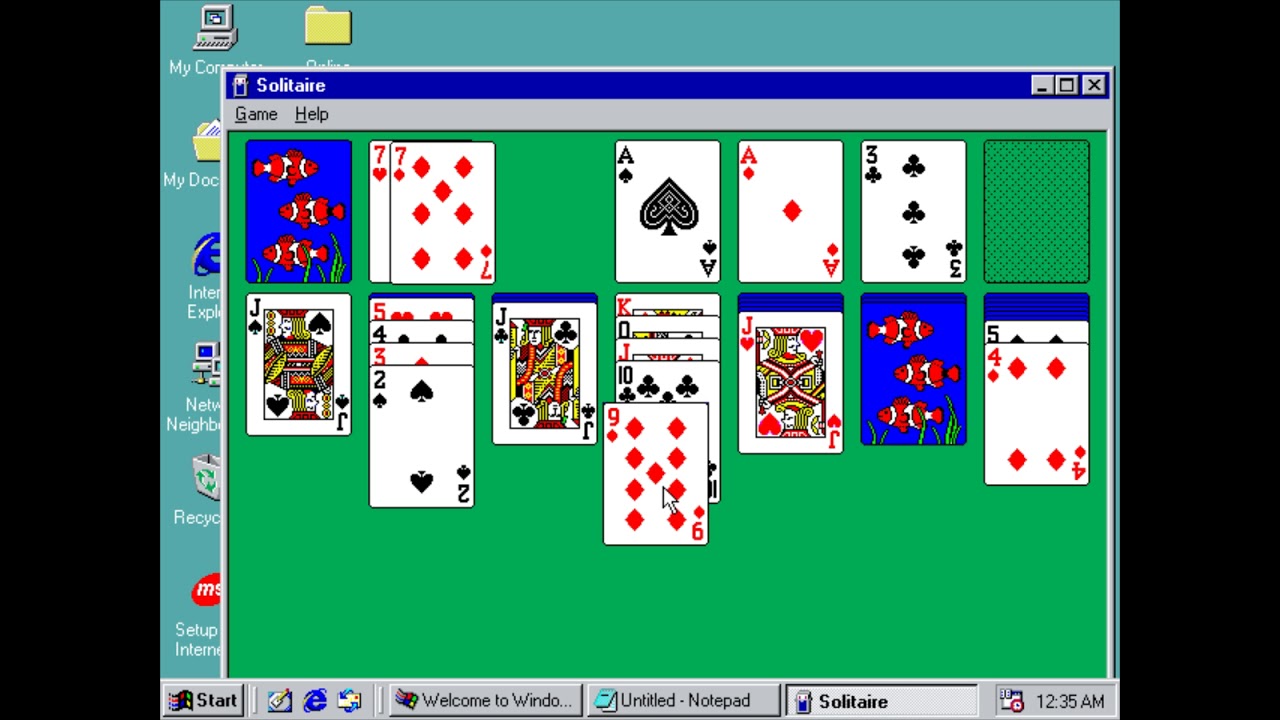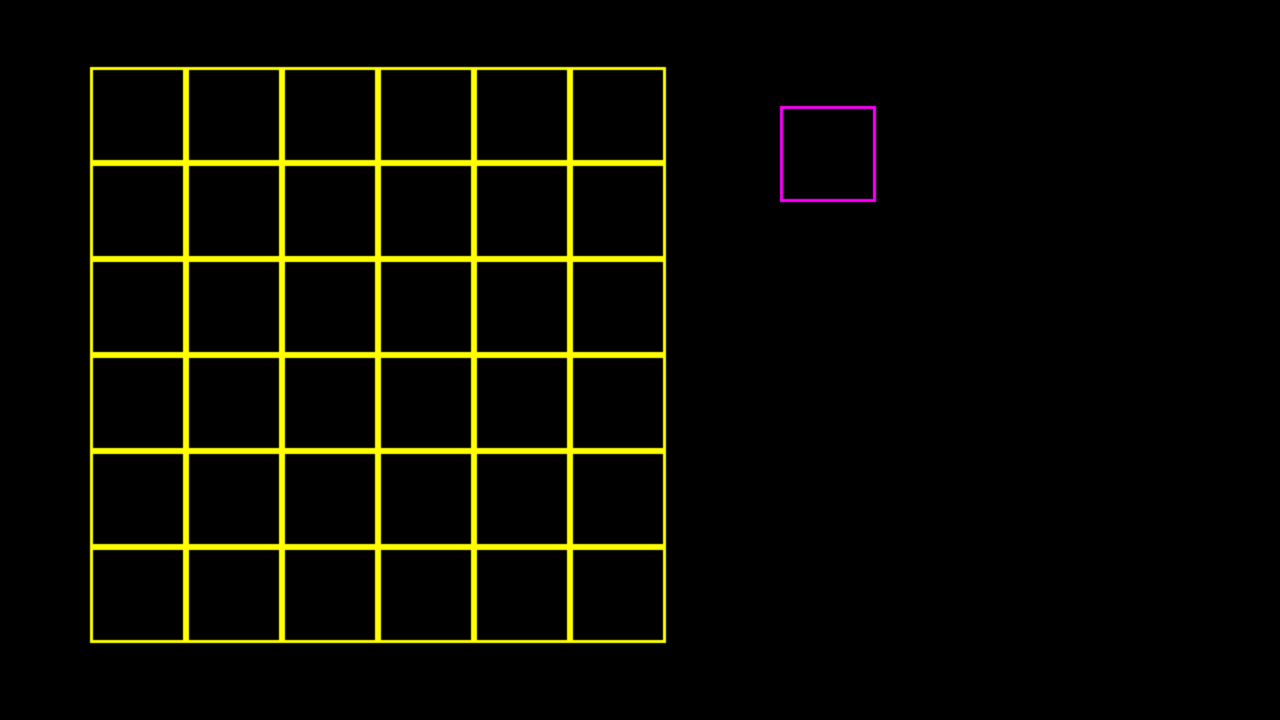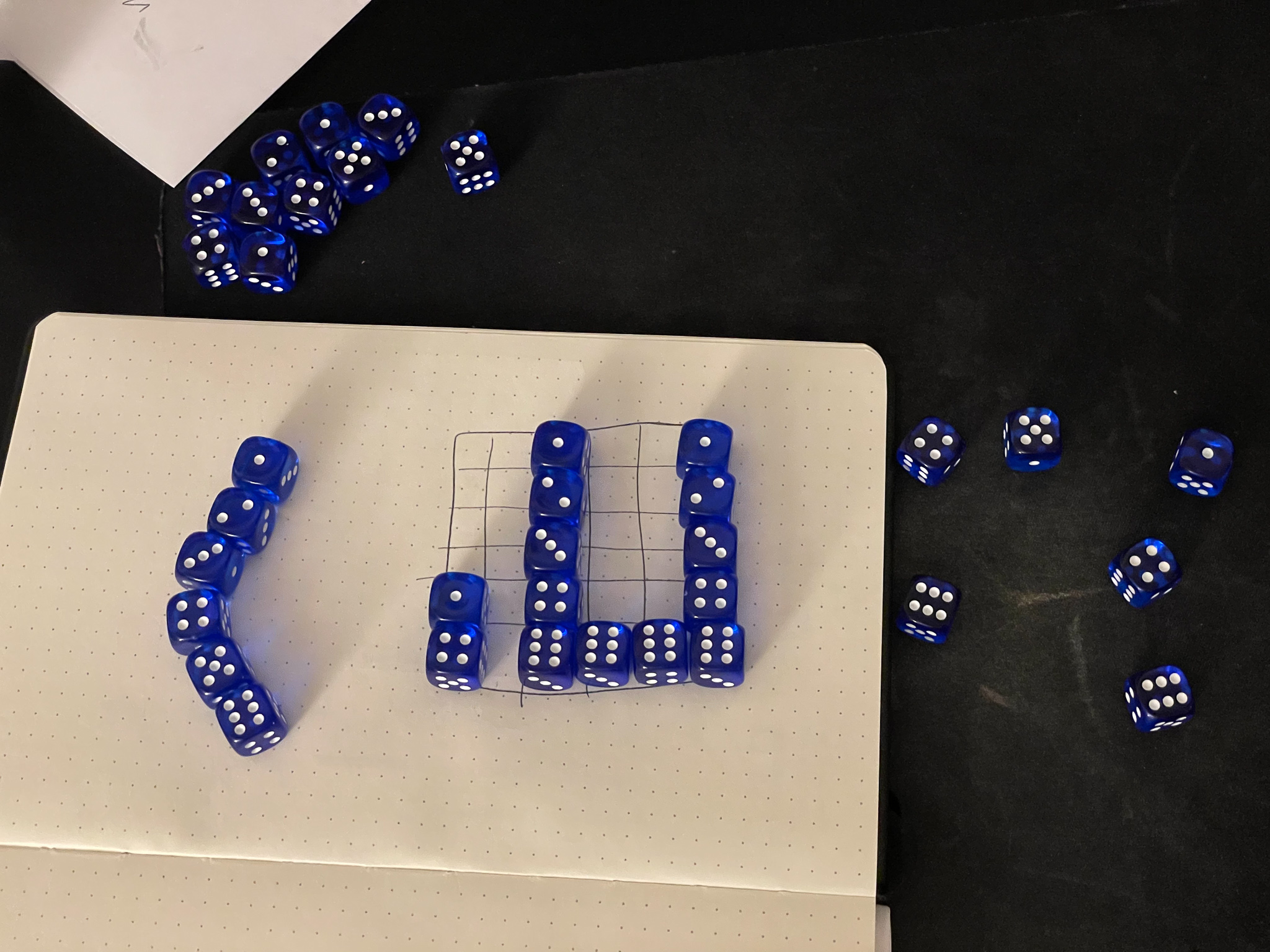Recounting the 2022 GMTK Game Jam (Part 1)
An ill-advised jam
A few hours after the jam started, I realized I was sick with COVID. The timing could not have been worse, as I had been looking forward to participating in this jam for the past month. Luckily with meds I was still able to think clearly enough to get stuff done, but I remember more than a few lulls where my brain just started fogging up, and I just had to stop working for a while. More concerning were the intermittent episodes of doom in which I convinced myself that my game idea sucked and that I was just wasting my energy. Devising a game strong enough to withstand the process of coming into existence is mentally and emotionally taxing, to say the least; I feel lucky and frankly amazed that I had enough energy to pull through and submit something in spite of everything. Not that I recommend doing what I did. If someone I knew was sick I would generally recommend they take it easy.
Given my circumstances, I didn't go outside at all this weekend, didn't sleep much, and spent all of my waking hours in front of my computer writing code. Add onto that a general malaise that comes with being sick and my generally poor short-term memory, and it's no wonder I don't remember much of what happened during the jam. Like, wow, I actually submitted something? You're telling me I made this game? At some point in the final stretch (around 5am IIRC, about 5 hours before submission hour) I had some kind of dissociative event where the voice in my brain that usually complains about being hungry or tired just stopped talking for a while, which was convenient but probably wasn't healthy. Anyway, I wanted to write this postmortem as a way to remind myself of what happened, because to some extent I feel like I wasn't completely present the whole way through.
Brainstorming in the first few hours

The start of the jam saw me leisurely brainstorming with pen and paper; writing down a few different interpretations and explorations of the theme. One interesting thought I had came while I was thinking about the act of rolling dice IRL and how it differs from computer-simulated RNG: not only are the values randomized, but the positions of the dice are randomized as well. I spent some time following this thread (e.g. what if you had to strategically draw lines between constellations of dice, with constraints, to achieve some goal?) but gave up before I was able to formulate a strong game idea. I ended up going with "solitaire but with dice".
An idea that seemed strong enough
At the time I didn't know that the term 'solitaire' referred to the category of single-player tabletop game; I was thinking specifically of the game I watched my grandmother play when I was very young, which I later learned was the Solitaire that shipped with Windows 98. If I had known 'solitaire' was a category of games, I would have just written "dice solitaire". In any case, I drew heavily upon my memory of playing that game. Mainly I recalled that it was easy to get stuck if you weren't careful, and that while luck was a factor, you could play in such a way as to minimize the chance of getting stuck.

I came up with a set of rules that superficially mimicked the Solitaire I remembered. The only concrete elements I had were:
- Roll 6d6 at the beginning of the round
- You have a 6x6 board (6 stacks of max height 6)
- Stacks had to be strictly decreasing
- You have to place all dice you roll, if you can't place a dice you're "stuck" and you lose
- A stack of 6,5,4,3,2,1 can be cleared from the board
- Try to survive for as long as possible, I guess?
I'm noticing now that I didn't have a gameplay element analogous to the win condition of Solitaire. At the time, I figured these elements would be engaging enough on their own to constitute a game. In hindsight, this premise is clearly incomplete. Why would you want to stack dice in the first place? There's no compelling goal. In Solitaire at least you have the objective satisfaction of having sorted a deck of cards. Later on I would come to grapple with this omission (not realizing exactly what the problem was, aside from a general lack of player direction) and add score as a motivator, but that was absolutely an afterthought.
With this formulation in mind, I decided to go ahead and start making the game. According to my commit logs, by the end of the day I had gotten to the point where I could drag and drop a box onto a grid.

An attempt at pen-and-paper prototyping
My friend happened to be at a board game store that evening so I asked him to buy me some dice. I got the dice that night and tried playing my game. It wasn't very fun but I told myself I would add more elements and it would eventually it would hit a magical critical mass of fun.

And that was the end of my first day! I think I got more or less a full night's sleep that night; not something I could say of the following night... I plan to write about my second and third days as well, but this post feels long enough as is and I should get some rest. Until next time!
Get Dice Attack!
Dice Attack!
Arrange dice on a board to build combos and rack up points
| Status | Released |
| Author | Turncoda |
| Genre | Puzzle |
| Tags | Game Maker's Toolkit Jam |
More posts
- Post-jam version released: learn how to score higher!Jul 24, 2022
- Recounting the 2022 GMTK Game Jam (Part 3)Jul 22, 2022
- Recounting the 2022 GMTK Game Jam (Part 2)Jul 19, 2022
Leave a comment
Log in with itch.io to leave a comment.